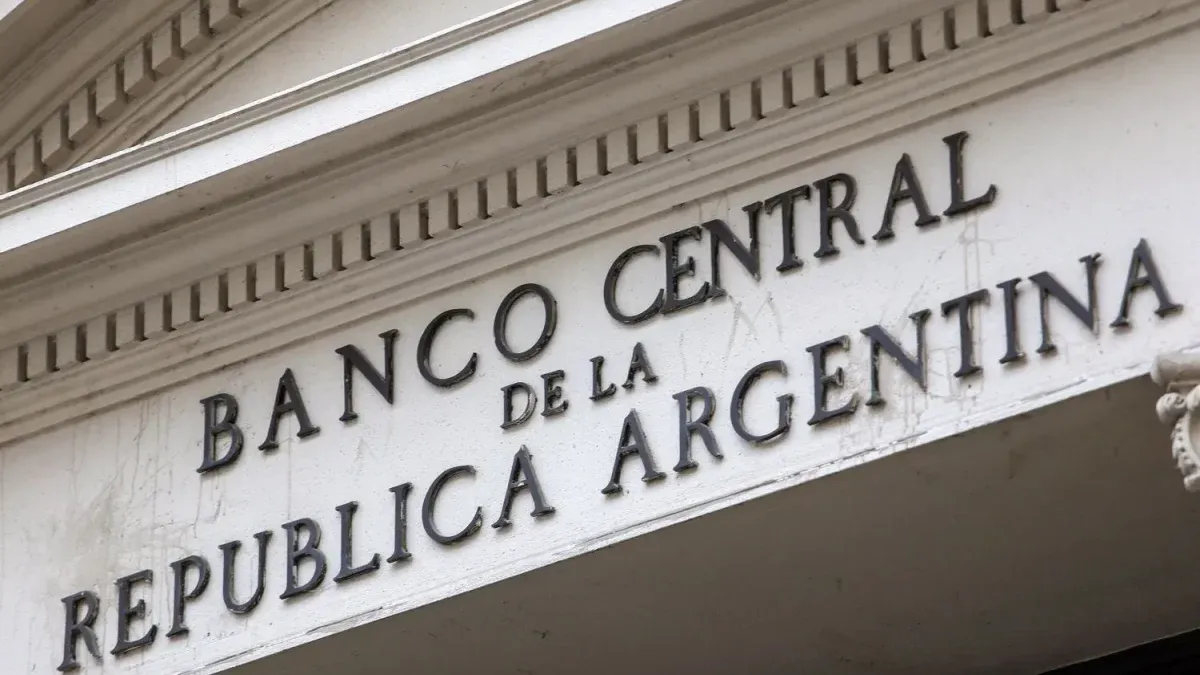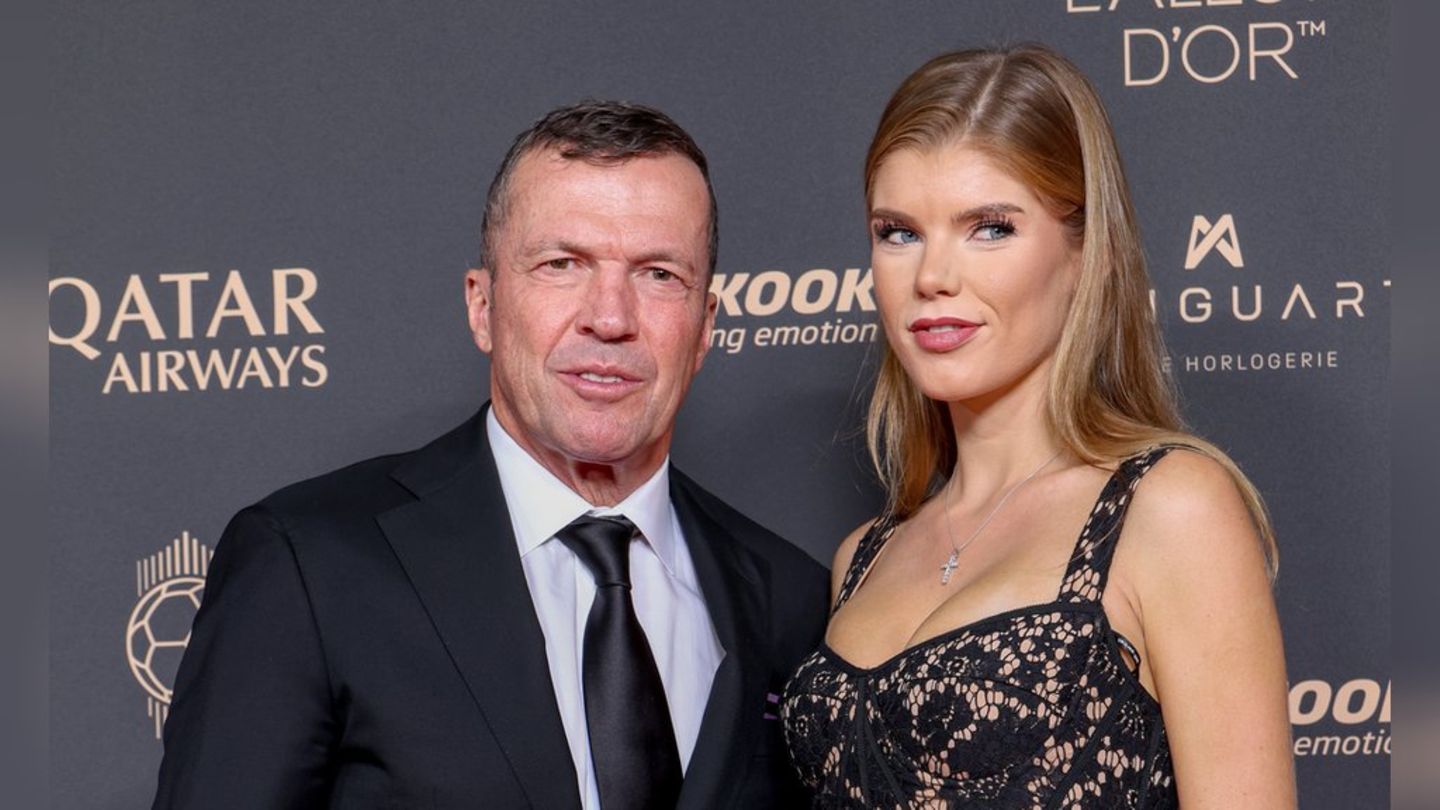Javier Milei and Luis Caputo signed this Tuesday in the Official Gazette the last appointments that were missing to complete the Board of Directors of the Central Bank. They did it by decree 69/2023.
The new directors are: Mr. Pedro Juan Inchauspe, the graduate in economics Nicolás Marcelo Ferro and the lawyer Silvina Rivarola. The three will complete a term that will expire on December 23, 2025.
The appointments are “in committee,” as they require Senate approval to be confirmed.
Central Bank: who are its members
Santiago Bausilli
Exercises the administration of the Bank and its legal representation in its relations with third parties. Acts on behalf of the board, calls and presides over its meetings. Ensures faithful compliance with the Organic Charter, national laws and the Resolutions of the Board of Directors of the Institution. He performs the other functions that are his as the first executive authority of the bank (CO Art. 10 °). He is a member of the Board of Directors.
He accumulated several years of experience in the private sector, including stints at JP Morgan Chase and Deutsche Bank. In 2016, he made the leap into politics by serving as Undersecretary of Financing in the Ministry of Alfonso Prat-Gay. Since 2017, he served as Finance Secretary for the remainder of Macri’s presidency.
Vladimiro Werning | Vice President – Director
He is former number one at JP Morgan in the country and advisor to the Chief of Staff during the presidency of Mauricio Macri. He performs the functions that the President assigns or delegates to him and exercises his functions in case of absence, impediment or vacancy of office (CO Art. 13 °).
Alejandro Daniel Lew | Second Vice President – Director
Replaces the vice president in case of temporary absence or when he or she exercises the presidency. Former CFO of YPF and whom Sergio Massa’s management accused of being responsible for last month’s fuel shortage. Lew is an economist and had been CEO of 360 Energy Group and Genneia, as well as managing director at HSBC and vice president of Local Markets at JP Morgan.
Juan Curutchet | Superintendent of Financial and Exchange Entities – Director
Within the framework of the general policies established by the Bank’s Board of Directors, it qualifies financial entities. Cancels the authorization to operate in exchanges, approves the regularization and/or sanitation plans of financial entities. It implements and applies the regulatory standards of the Financial Entities Law, and establishes the requirements that auditors of financial and exchange entities must meet. He was vice president of Banco Ciudad between 2008 and 2016 and president of Banco Provincia under the management of María Eugenia Vidal.
Marcelo Eugenio Griffi | Director
Specialist in banking and administrative law, who was trustee of the Central Bank from 2001 to 2005 and worked as Legal and Administrative Secretary of the Ministry of Economy during the Macri presidency. He comes from the private sector, where he was a partner at the law firm BSCP.
Agustín Pesce | Director
He has no relationship with the former president of the entity. He is also a lawyer (UCA) and also previously worked at the Central Bank as second vice president and was director in the Financial Information Unit (UIF).
Silvina Rivarola | Director
During the government of Mauricio Macri, Rivarola was appointed by the then Minister of Justice, Germán Garavano, to head the Directorate of National Coordination and Representation before International Organizations of the Financial Information Unit (UlF).
She is the wife of former prosecutor José Barbaccia, one of those accused of covering up the attack on the AMIA along with former judge Juan José Galeano.
Pedro Juan Inchauspe| Director
Former official of the Government of Mauricio Macri, who was vice chief of staff of the Ministry of Production under Francisco Cabrera.
The objectives of the Central Bank for 2024
He Ministry of Economy presented its economic program on December 12, focused on structural modifications to reverse “the instability and stagnation in the Argentine economy ”.
In this framework, the elimination of the fiscal deficit and its financing through the monetary issuance of the BCRA, “with the objective of achieving fiscal balance in 2024.”
According to the agency in charge of Santiago Bausili, also searched eliminate regulations, bureaucratic obstacles and correct relative prices, especially the exchange rate, “to restore external balance.” Furthermore, as indicated, it aims to clean up the Central Bank’s balance sheet by recovering international reserves and resolving its remunerated liabilities.
Source: Ambito




